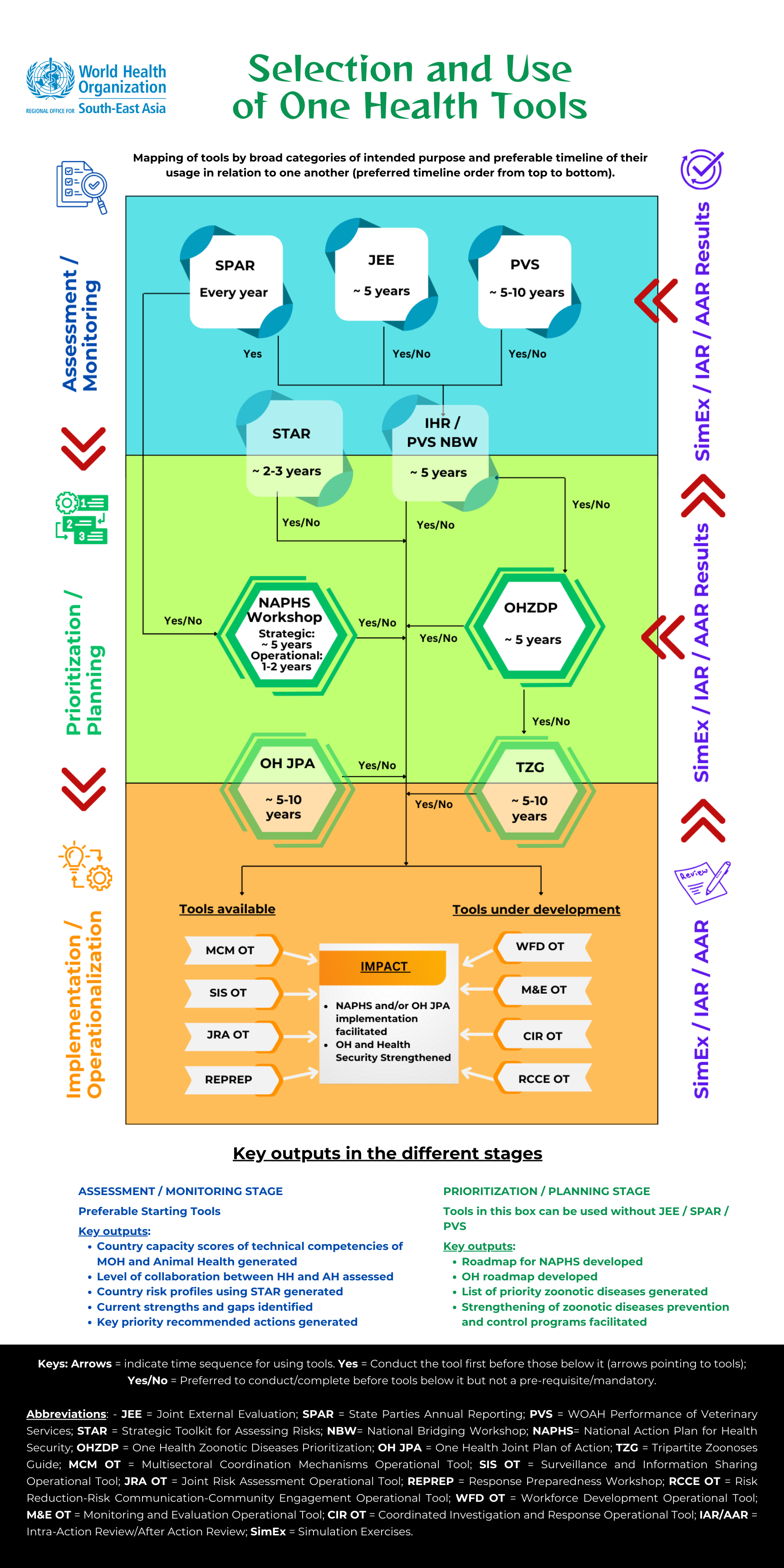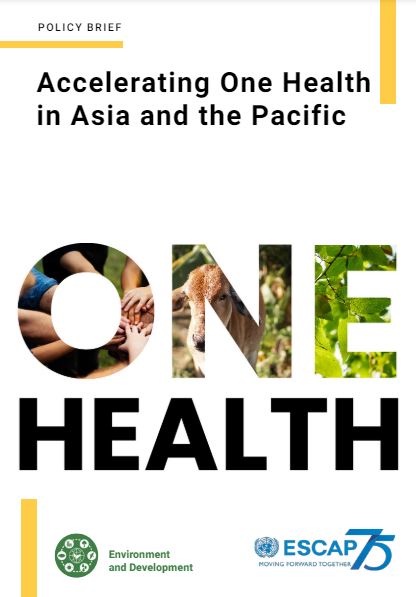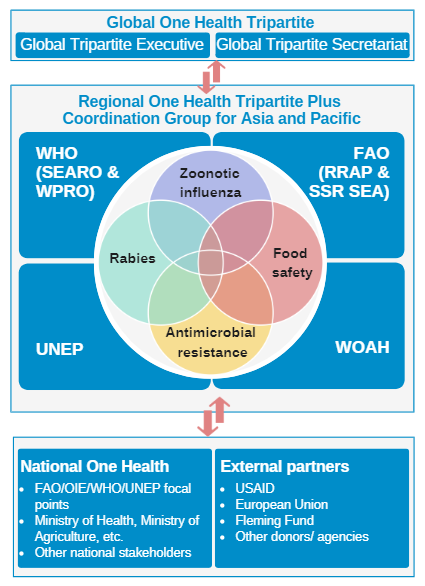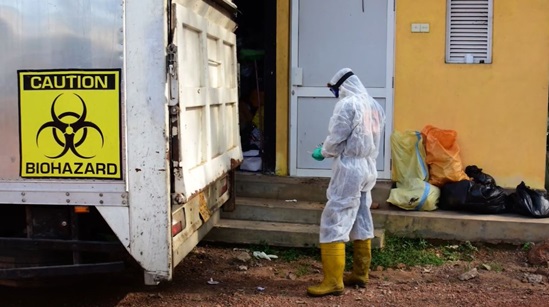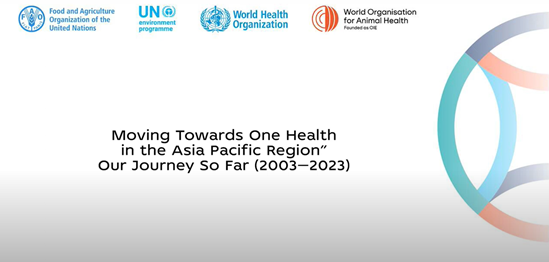One health
The outbreak of highly pathogenic avian influenza (H5N1), Crimean Congo Hemorrhagic fever and Nipah virus in South-East Asian countries clearly demonstrated that new highly infectious and/or highly pathogenic agents periodically emerge at the human-animal interface which will continue to occur. International Ministerial Conference on Avian and Pandemic Influenza (IMCAPI) held in New Delhi in 2007 which came up with a New Delhi Roadmap. The roadmap offered a valuable benchmark for the preparedness efforts of national authorities and proposed a convergence between animal and human health systems through contributions to the ‘One World One Health’ (OWOH) concept. The conference also requested Food and Agriculture Organization of the United Nations (FAO), the World Health Organization (WHO) and the World Organisation for Animal Health (WOAH) and other international partners to develop a strategic framework for implementation of OWOH. Country’s experiences with avian influenza and pandemic (H1N1) in 2009 have reinforced the need for sustained, well-coordinated, multi-sector, multi-disciplinary, community-based actions to address emerging disease threats, i. e. One Health approach. There is a growing acceptance of ‘One Health’ concepts and usage of the approach in recent years. The political will is increasing, and more attention is needed on how the broad scope of One Health is translated into practice.






